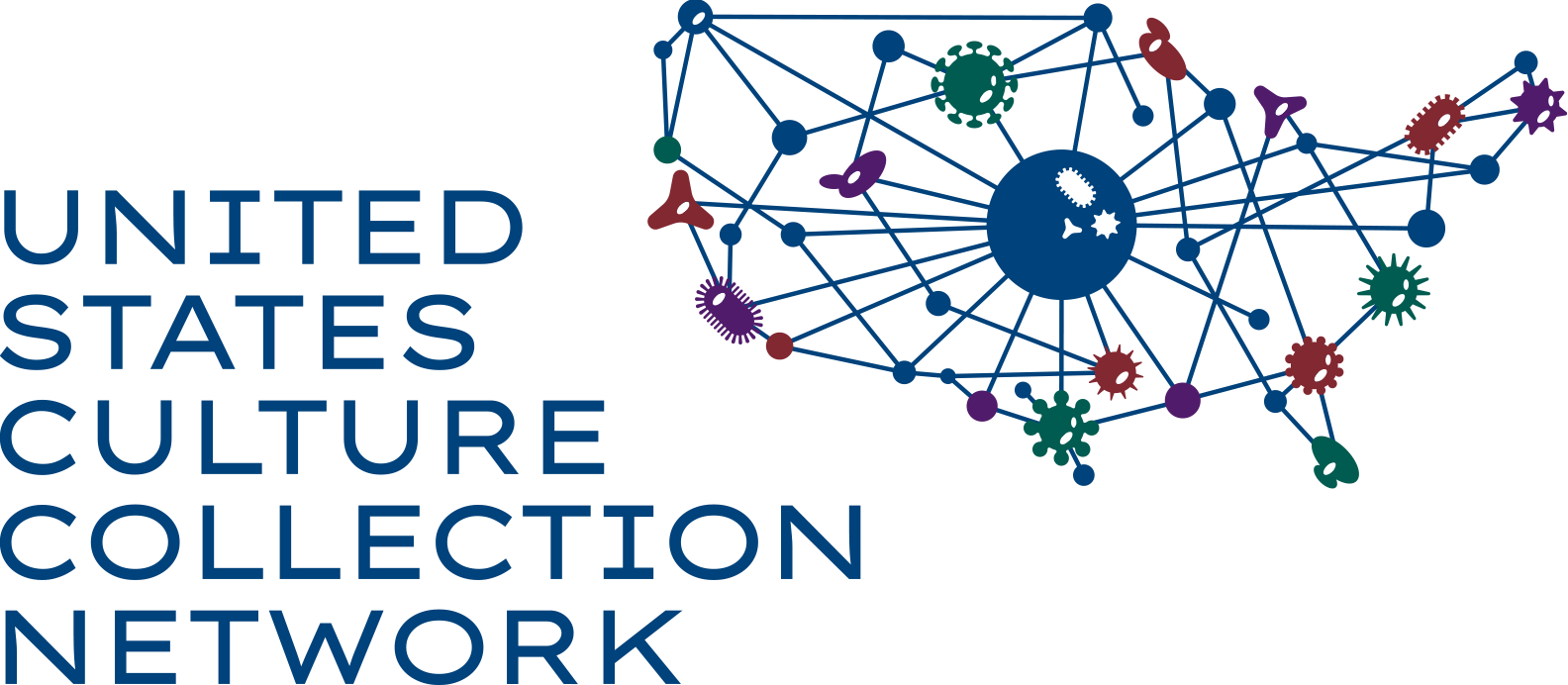
USCCN – United States Culture Collection Network
Phytobiomes Alliance project
Funded by
U.S. National Science Foundation (NSF)
Duration
5 years
Dates
1 April 2022 to 31 March 2027

Project Overview
The U.S. Culture Collection Network (USCCN) brings together scientists working with laboratory based collections of microbes.
The mission of the USCCN is to facilitate the safe and responsible utilization of microbial resources for research, education, industry, medicine, and agriculture for the betterment of humankind.
The first phase of the network ran from 2012 to 2020 (NSF grant #1534564) and engaged the U.S. culture collection community through meetings, webinars, and site visits and produced publications and position papers to support the safe and responsible utilization of microbial resources.
The current second phase (NSF grant #2124633) – USCCN 2.0 – will expand the scope and reach of the original network. It will build relationships with current and new sources of culture and living collections and will engage scientists across multiple disciplines to work toward addressing challenges and needs shared by all microbial collection managers and users.
Objectives
- Create and maintain an accurate and current database of U.S. microbe collections (via surveys)
- Initiate and develop a formal structure and membership for the USCCN
- Develop and cultivate protocols, standard operating procedures, and other resources to aid in the maintenance and expansion for collections of all types and sizes
- Develop infrastructure for orphaned or endangered collections
- Foster alliances and collaborations with international collection efforts
- Form links to the broader living collections community via communication plan, and write a report on the status of living stock collections in the US
- Establish a communication plan to support USCCN activities with emphasis on website and other virtual activities
- Increase diversity outreach to historically black institutions and minority-serving institutions
- Engage small collections that are focused only on research (i.e., collections that are not aspiring to be distribution centers).
